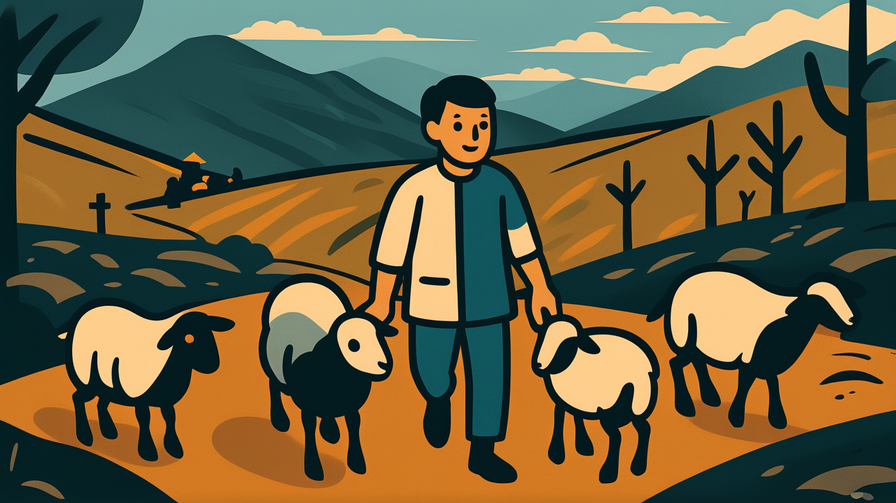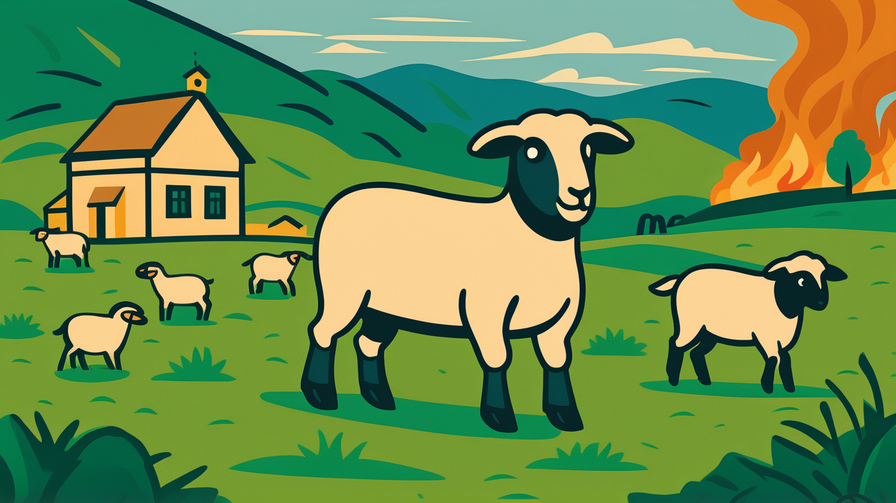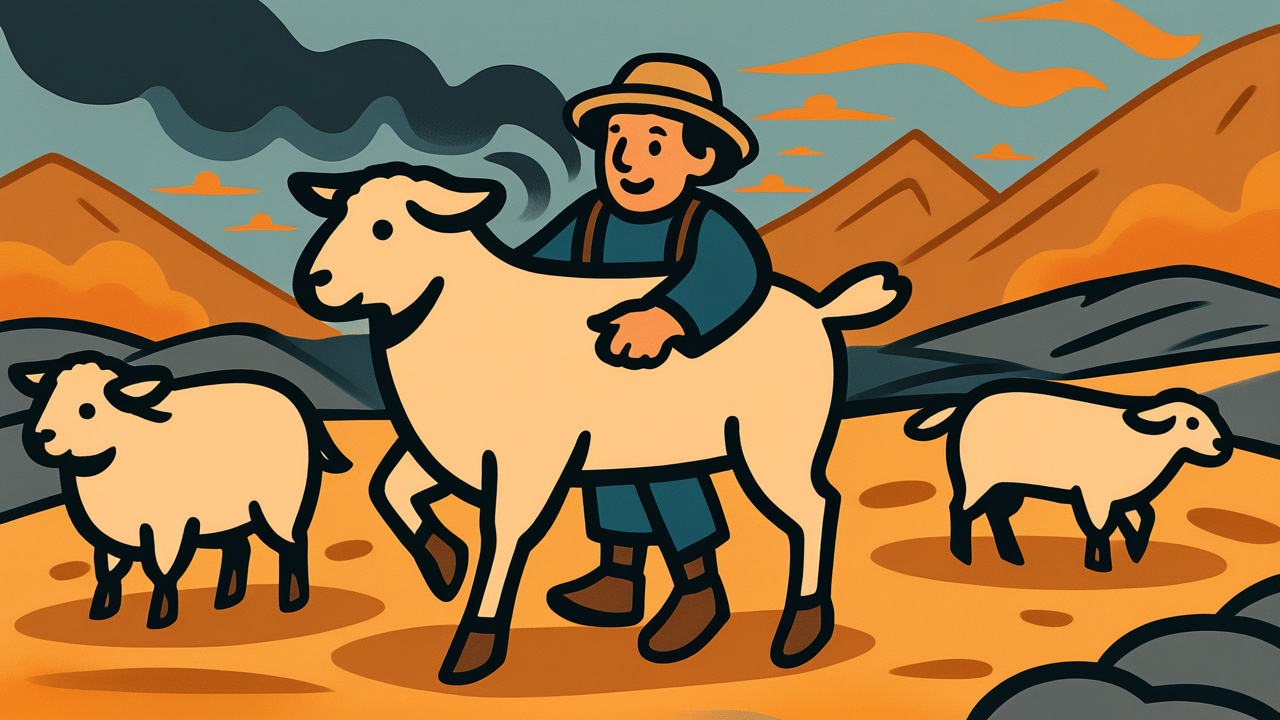[Disclaimer] This article is reconstructed based on information from external sources. Please verify the original source before referring to this content.
News Summary
The following content was published online. A translated summary is presented below. See the source for details.
North Macedonia’s Prime Minister has made headlines with an unusual explanation for the country’s recent summer wildfires. During a press conference, the leader claimed that a decline in the number of cows and sheep grazing in rural areas has contributed to the spread of devastating fires. According to the Prime Minister, fewer livestock means less natural clearing of vegetation, which creates more fuel for wildfires. The statement has sparked widespread debate among environmental scientists, farmers, and political opponents who argue that climate change, drought conditions, and inadequate fire prevention measures are the real culprits behind the increasing wildfire threat. The Prime Minister defended his position by citing traditional farming practices where grazing animals helped maintain cleared areas that acted as natural firebreaks. This controversial statement comes as North Macedonia faces one of its worst wildfire seasons in recent memory, with thousands of hectares burned and several communities evacuated.
Source: globalvoices
Our Commentary
Background and Context

Wildfires have become an increasingly serious problem in the Balkans region, including North Macedonia. Over the past decade, the country has experienced more frequent and intense fire seasons, typically occurring during the hot, dry summer months. Traditional farming practices in the region have indeed changed significantly, with many rural areas experiencing depopulation as young people move to cities for better opportunities. This rural exodus has led to abandoned farmland and fewer grazing animals, which historically did help manage vegetation growth in mountainous areas.
Expert Analysis
Environmental scientists have mixed reactions to the Prime Minister’s statement. While it’s true that grazing animals can help reduce fire risk by eating dry grass and clearing underbrush, most experts emphasize that this is just one small factor among many. Climate scientists point out that rising temperatures, decreased rainfall, and longer drought periods are the primary drivers of increased wildfire activity. Fire management specialists also note that modern fire prevention requires comprehensive strategies including firebreaks, early warning systems, and well-equipped firefighting forces – not just relying on livestock.
Additional Data and Fact Reinforcement
Statistics from North Macedonia’s environmental ministry show that the number of livestock has indeed decreased by approximately 35% over the past 20 years. However, during the same period, average summer temperatures have increased by 2.3°C, and rainfall has decreased by 15%. In 2024 alone, North Macedonia experienced over 2,000 wildfires, burning more than 30,000 hectares of forest and agricultural land. Neighboring countries like Greece and Albania, which still maintain significant livestock populations, have also experienced severe wildfire seasons, suggesting that the presence of grazing animals alone cannot prevent these disasters.
Related News
This statement comes amid broader political tensions in North Macedonia, where the government faces criticism for its handling of various environmental issues. Last month, protests erupted over air pollution in the capital, Skopje, which ranks among Europe’s most polluted cities. The opposition has seized on the Prime Minister’s livestock comments as evidence of the government’s failure to address climate change seriously. Meanwhile, the European Union, which North Macedonia hopes to join, has offered assistance in developing better fire prevention strategies and has emphasized the importance of science-based approaches to environmental challenges.
Summary

While the North Macedonian Prime Minister’s comments about livestock and wildfires contain a grain of truth about traditional land management, they oversimplify a complex environmental crisis. The real solution to preventing wildfires requires addressing climate change, improving fire management systems, and investing in rural development – not just bringing back more cows and sheep. This controversy highlights the challenge many countries face in balancing traditional practices with modern environmental realities.
Frequently Asked Questions
Q: Do grazing animals really help prevent wildfires?
A: Yes, to some extent. Grazing animals can reduce the amount of dry vegetation that serves as fuel for fires. However, they’re just one small part of fire prevention and cannot solve the problem alone.
Q: Why are wildfires increasing in the Balkans?
A: The main reasons include climate change (hotter, drier summers), abandoned agricultural land, insufficient fire prevention resources, and in some cases, arson. It’s a combination of natural and human factors.
Q: What are other countries doing to prevent wildfires?
A: Many countries use a mix of strategies including creating firebreaks, using controlled burns, investing in early detection systems, maintaining well-trained firefighting teams, and educating the public about fire safety.


